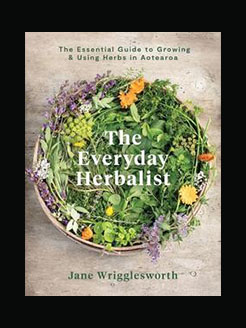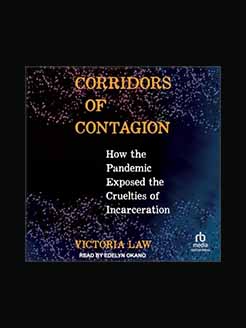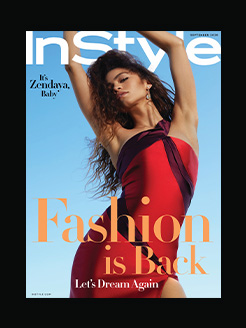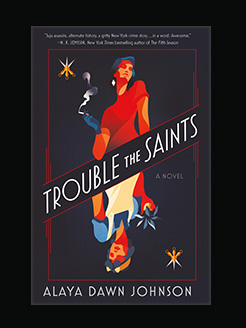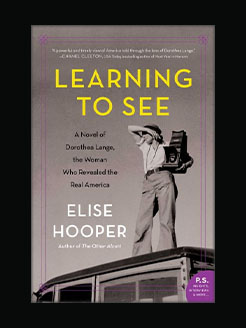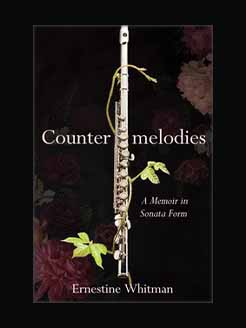Published in 2006
160 pages
Janet M. Powers is professor emerita of women’s studies at Gettysburg College in Pennsylvania. She has many published research works.
What is this book about?
This is an American woman’s account of work that Israeli and Palestinian women are doing to educate themselves and their societies about militarization, human rights, women’s rights, and the democratic process. The book highlights women on both sides of the political divide who reach out to each other, engage in binational dialogue, and challenge ongoing violence. Despite severe societal restraints in carving out political space for themselves, women in both societies have devised creative opportunities. Powers documents the women’s working committees attached to Palestinian political parties and the creativity of Israeli women striving to civilize their society. Ironically, it is their marginalization that offers women space to engage in their peace-building efforts. The book ends with a clarion call for the implementation of UN Resolution 1325, which requires the presences of women at the highest levels of peace negotiations. Women, with their commitment to reconciliation and healing, bring a significant vision to the enterprise of peace-building, and Powers suggests that it’s high time they be taken seriously.
In the course of researching this book, Powers stayed in Jewish homes, Muslim homes, and Christian homes, observing women going about their daily tasks. She shared Shabbat dinners and Christmas dinners, Muslim family celebrations, herbal tea and Arab coffee, benefiting from extraordinary hospitality, and learning that Israeli and Palestinian are more alike than they are different. Like women everywhere, Jewish and Arab women care deeply for their children, put up with anger and abuse from their husbands, and try to negotiate a path between societal expectations and personal convictions. Virtually all of them yearn to live in peace, to raise their families without fear, and to enjoy the small pleasures of life without anxiety for the future. These are their stories, and they impart a measure of humanity to the occupation, the Separation Wall, and living with the fear of suicide bombings that is difficult to glean from nightly news reports. Most important, these remarkable women are succeeding in changing from within the way in which their own societies think about themselves.
A collection of reviews of the book:
“Janet Powers… offers an American academic’s account of living and engaging in dialogue with Palestinian and Israeli women who have been pushing for dialogue and peacemaking across the Israeli-Palestinian divide….The result of her time spent in the Middle East is a collection of stories and essays describing how individual women and NGOs struggle to offer peaceful responses to conflict, violence, and hatred….The book also discusses numerous other gendered and nongendered peace and justice organizations among Palestinians and Israelis.” – Journal of Palestine Studies
“[A] collection of stories and essays about the work that Israeli and Palestinian women are doing, in spite of societal restraints, to engage in bi-national dialogue. The first section introduces four organizations that work to bridge the divide between Israelis and Palestinians. The second section depicts the daily lives of Israeli and Palestinian women. The third section focuses on some of the peacebuilding organizations formed by women. The book concludes with a compelling argument in favor of including women at the peace table.” – Middle East Journal
“Powers has gathered the stories of ordinary women on both sides of the Separation Wall and the even deeper political divide between Israelis and Palestinians. Working at the grass roots and primarily amongst other women by societal mandate as well as by preference, the women are engaging in peacemaking while also carving out a political space for themselves as Jews, Muslims and Christians. This is also a personal account of how an American woman perceived women whose experiences were so different, yet in some ways the same, as her own. Powers closes by advocating enforcement of UN Resolution 1325, which requires the presence of women at the highest levels of peace negotiations.” – Reference & Research Book News
“In the end, the question is not, ‘Why haven’t these women produced peace and a resolution to this conflict?’ but rather, ‘How much worse would this be without these Palestinian and Israeli women working for peace and justice?’ Powers also helps us ask, ‘How much have these women helped to create the conditions that make sustainable peace more likely?’ To the extent that Palestinians, Israelis, and people of the world ask and answer that question, the power and influence of these powerless and invisible women will grow, producing more of the peace and justice they work for in the most dire circumstances. Powers is helping us see that those are the questions and she provides instances that help us glimpse some parts of the answers.” – International Journal on World Peace
“Many remarkable stories about peacemaking–accounts of nonviolent problem solving and conflict transformation–remain unrecorded, depriving us of examples of ordinary peoples achievements around the world. Because she pays close attention and because she is an experienced peacemaker, Jan Powers recognizes the vibrant and courageous individuals and communities among Israelis and Palestinians who refuse to be enemies. Living among them, she learned how they help to heal a wounded world and to build a civic culture. Powers’ informed, readable story about the role of women in a region where high-level peace-building has had a sporadic history at best deserves a wide reading public.” – Michael True, International Peace Research Association Foundation, Emeritus Professor, Assumption College
“It is hearing the stories of real people which brings alive the dryness of statistics and the coldness of official reports. The genius and skill of Janet Powers is to enable us to share in the experiences of women from Israel and Palestine, as they struggle with all the restrictions imposed on them by the political and religious systems within which they live. With clarity and sensitivity she let these women speak, and the honesty with which their stories are recorded will challenge all of us, and the clichés behind which we often take refuge.” – Clarence Musgrave, Minister of the Church of Scotland (Presbyterian), Jerusalem
“Blossoms is a story worth telling and the women we meet here are worth knowing. As militarized theocratic chauvinism of many stripes gains ground throughout the Middle East, Janet Powers’s remarkable women appear all the more heroic. They deserve our understanding and support.” – Dr. James J. Zogby, President, Arab American Institute
